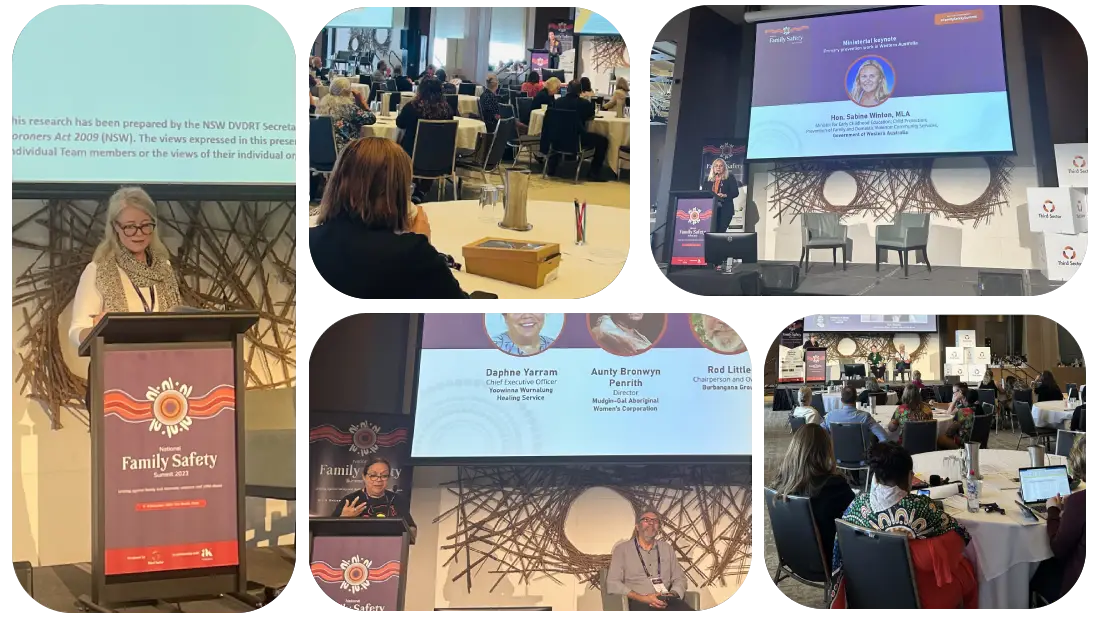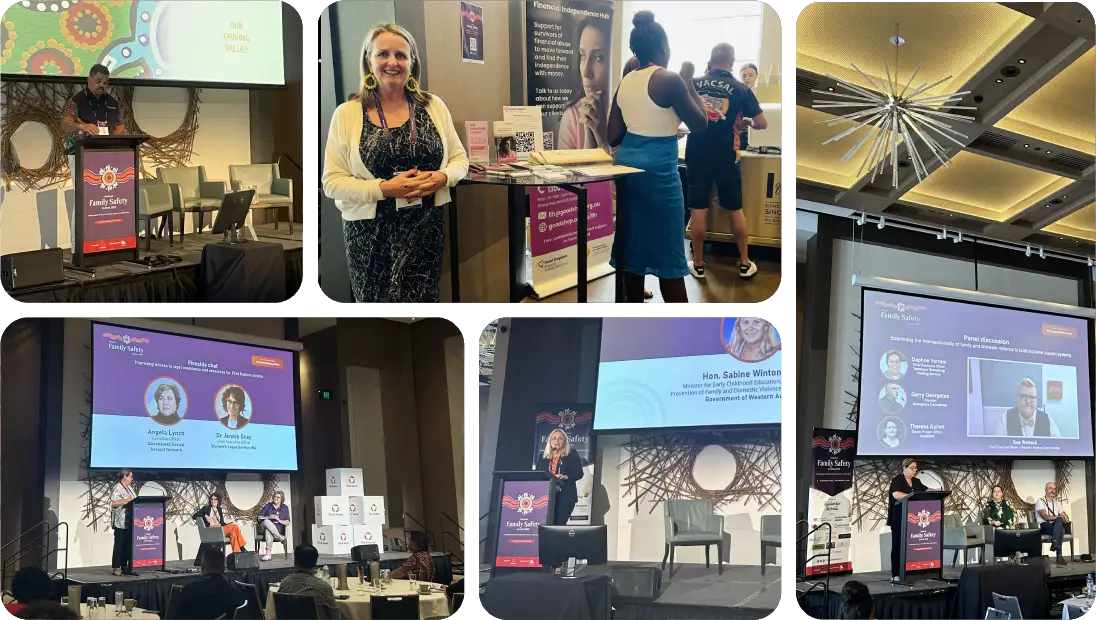- info@akolade.co
- 02 9247 6000

One woman a week is murdered by a current or former partner. Nearly one in six girls and one in nine boys have experienced physical or sexual violence by the age of 15. Australia’s gendered violence epidemic requires comprehensive solutions to ensure family safety.
The 2nd National Family Safety Summit, co-designed and informed by lived experiences and Indigenous voices, platforms holistic and collaborative solutions to protect women and children from family, domestic and sexual violence.
Advancing the objectives of the National Plan to End Violence against Women and Children 2022-2032, this Summit showcases victim-centric practices and culturally tailored solutions to prevent gendered violence. By exploring place-based approaches and Trauma-Informed Care, it improves crisis responses for women and children escaping violence and promotes opportunities for healing. Additionally, it advocates for the protection of children and adolescents through age-specific programs to support family wellbein and break the cycle of intergenerational violence.
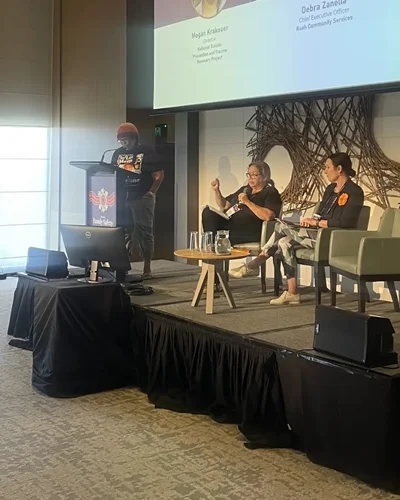
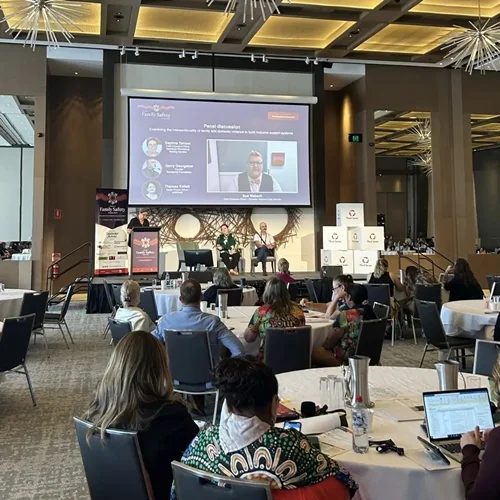

Enhance cross-system collaboration to improve the safety of women and children in communities

Develop holistic early intervention and prevention strategies
to prevent FDSV

Implement trauma-informed care and victim-centric practices to improve justice and crisis responses to FDSV

Promote healing and therapeutic support for victims and people using violence to address intergenerational trauma

Improve access to culturally informed services to support Aboriginal and CALD communities

Increase safety for children and adolescents through comprehensive and individualised support strategies and safety planning
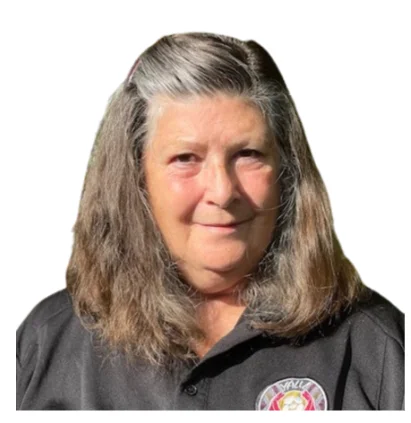

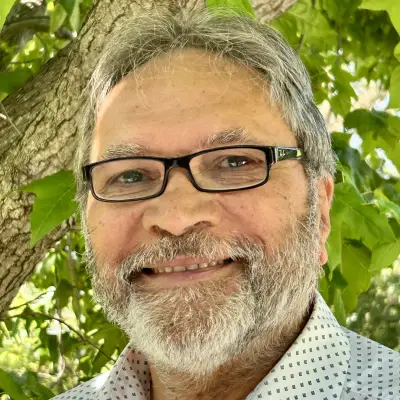
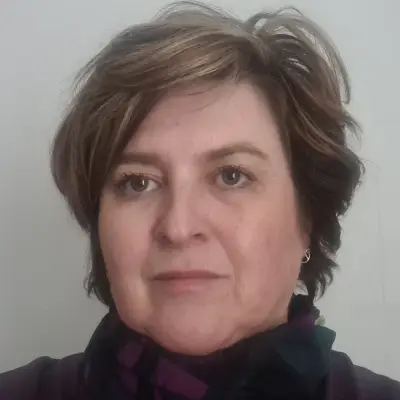
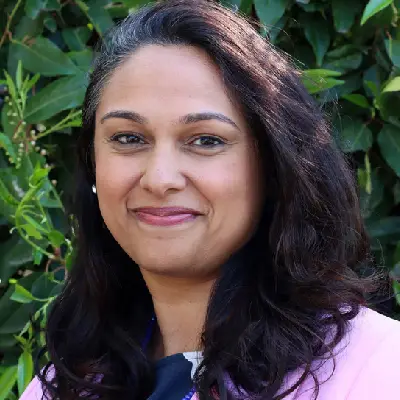
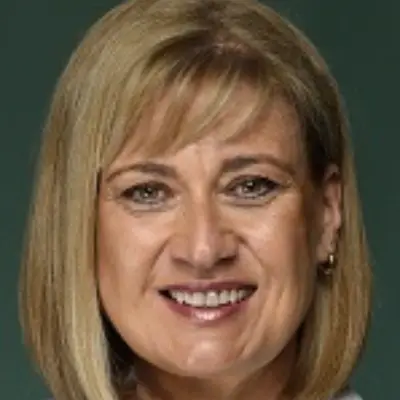
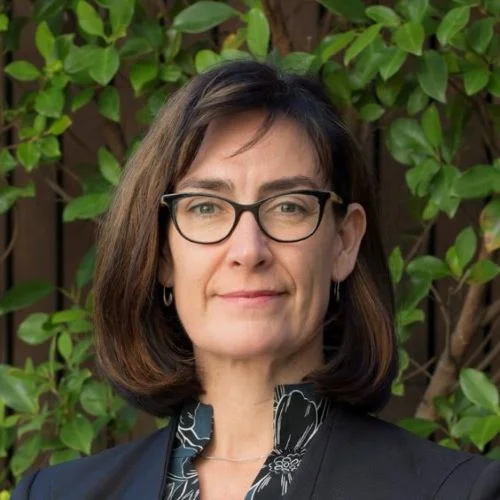

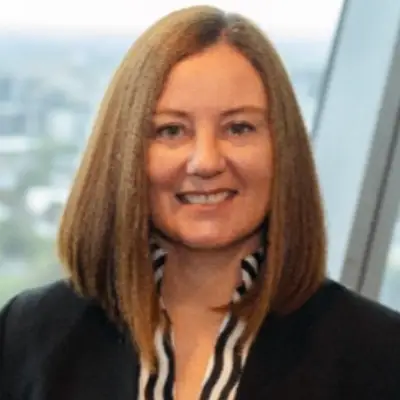
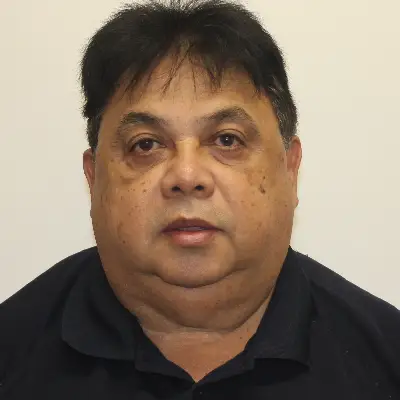
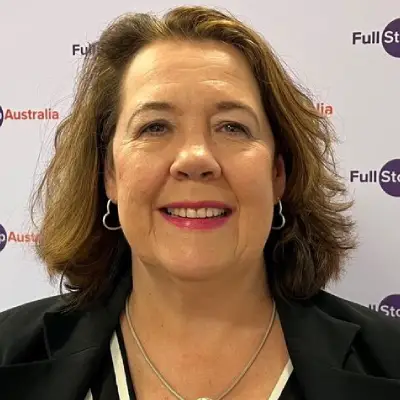


How delegates rated past events




If you’d like to support this event, explore our sponsorship opportunities today!

